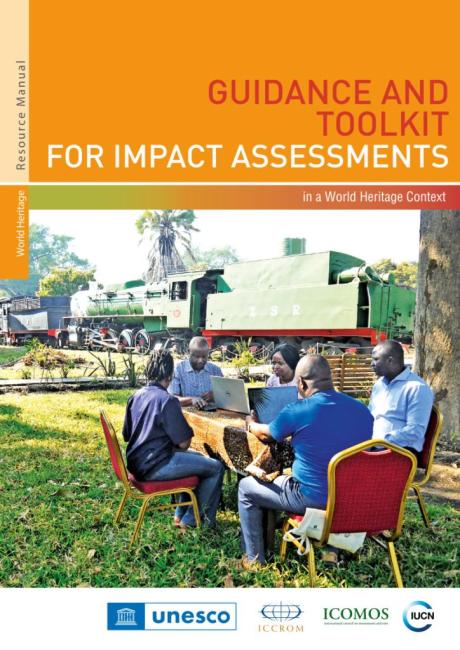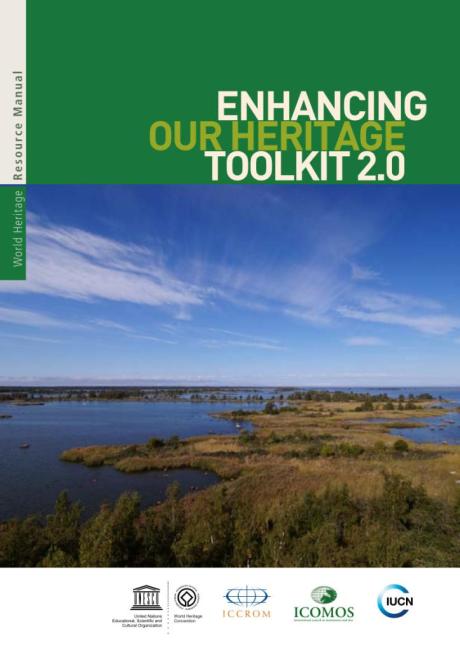Actors
Refers broadly to all the people, and the institutions and groups they represent, involved directly and indirectly with a
World Heritage property
A cultural, natural or mixed heritage place inscribed on the World Heritage List and therefore considered to be of OUV for humanity. The responsibility for nominating a property to the World Heritage List falls upon the State(s) Party(ies) where it is located. The World Heritage Committee decides whether a property should be inscribed on the World Heritage List, taking into account the technical recommendations of the Advisory Bodies following rigorous evaluation processes.
When used as a general term, World Heritage refers to all the natural, cultural and mixed properties inscribed on the World Heritage List.
or heritage place. Three broad categories of actors are defined in relation to the management of a
World Heritage property
A cultural, natural or mixed heritage place inscribed on the World Heritage List and therefore considered to be of OUV for humanity. The responsibility for nominating a property to the World Heritage List falls upon the State(s) Party(ies) where it is located. The World Heritage Committee decides whether a property should be inscribed on the World Heritage List, taking into account the technical recommendations of the Advisory Bodies following rigorous evaluation processes.
When used as a general term, World Heritage refers to all the natural, cultural and mixed properties inscribed on the World Heritage List.
or heritage place: managers, rights-holders and stakeholders.
See also Communities, Managers,
Rights-holders
Actors socially endowed with legal or customary rights with respect to heritage resources. In cases where there are Indigenous people involved, they have the right to free, prior and informed consent before approval of any project affecting their lands or territories and other resources, and need to participate in impact assessment.
,
Stakeholders
In a World Heritage context, stakeholders are those who possess direct or indirect interests and concerns about heritage resources, but do not necessarily enjoy a legally or socially recognized entitlement to them.
In impact assessment, stakeholders are individuals or groups that may be affected by a project, or someone or an organization who represents such people. Collectively, the two are sometimes referred to as ‘interested and affected parties’.



